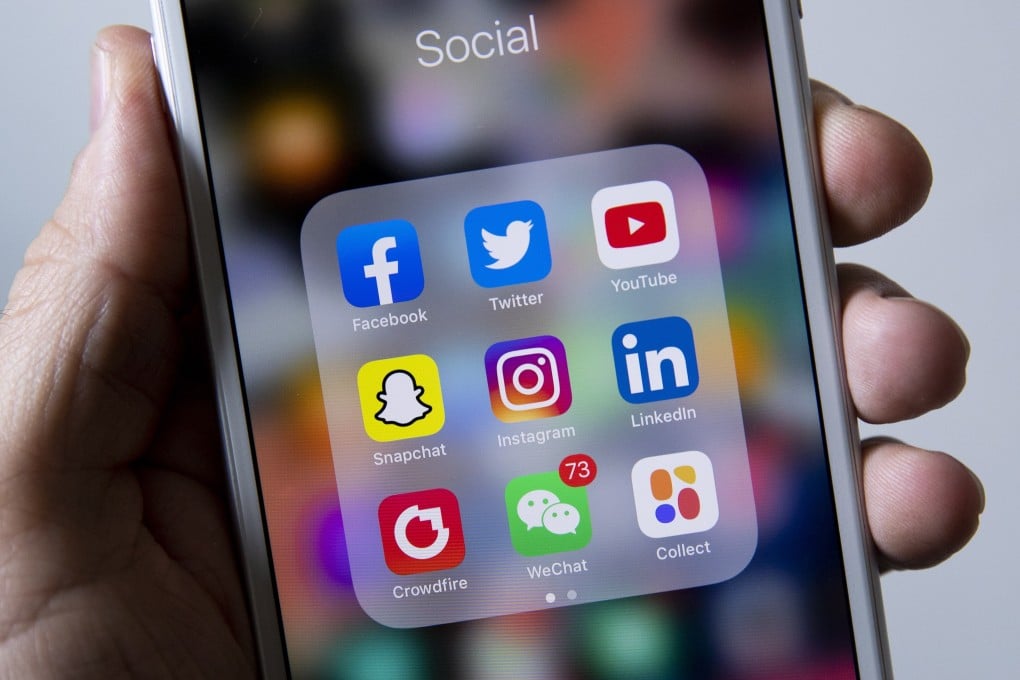Trump targeted both WeChat and TikTok with US bans – why then did it seem Tencent was getting an easier ride?
- Some analysts say the difference in approach to TikTok and WeChat by the Trump administration reflects their relative power in the US

The United States Commerce Department issued a sweeping order barring the downloading by US users of TikTok and WeChat to go into effect on September 20. The order also barred the payment and fund transfers to or from people in the US. The order does not ban US companies form doing business on WeChat outside the US nor does it bar transaction with Tencent’s other businesses.
With the date of a proposed US ban on Chinese social apps TikTok and WeChat rapidly approaching and prior to this order, it looked like WeChat was being given an easier ride by the Trump administration.
And analysts say this is partly to do with the vague wording of Trump’s original executive order against the apps, the fact that TikTok has millions more users in the US than WeChat and the social and political power of TikTok relative to WeChat.
Global short video hit TikTok is owned by Beijing-based ByteDance whereas WeChat, which millions of Chinese people use to chat, shop, pay bills and more, is operated by Shenzhen-based Tencent Holdings.
“We can provide assurances that the [Secretary of Commerce] does not intend to take actions that would target persons or groups whose only connection with WeChat is their use or downloading of the app to convey personal or business information between users,” the US government said.